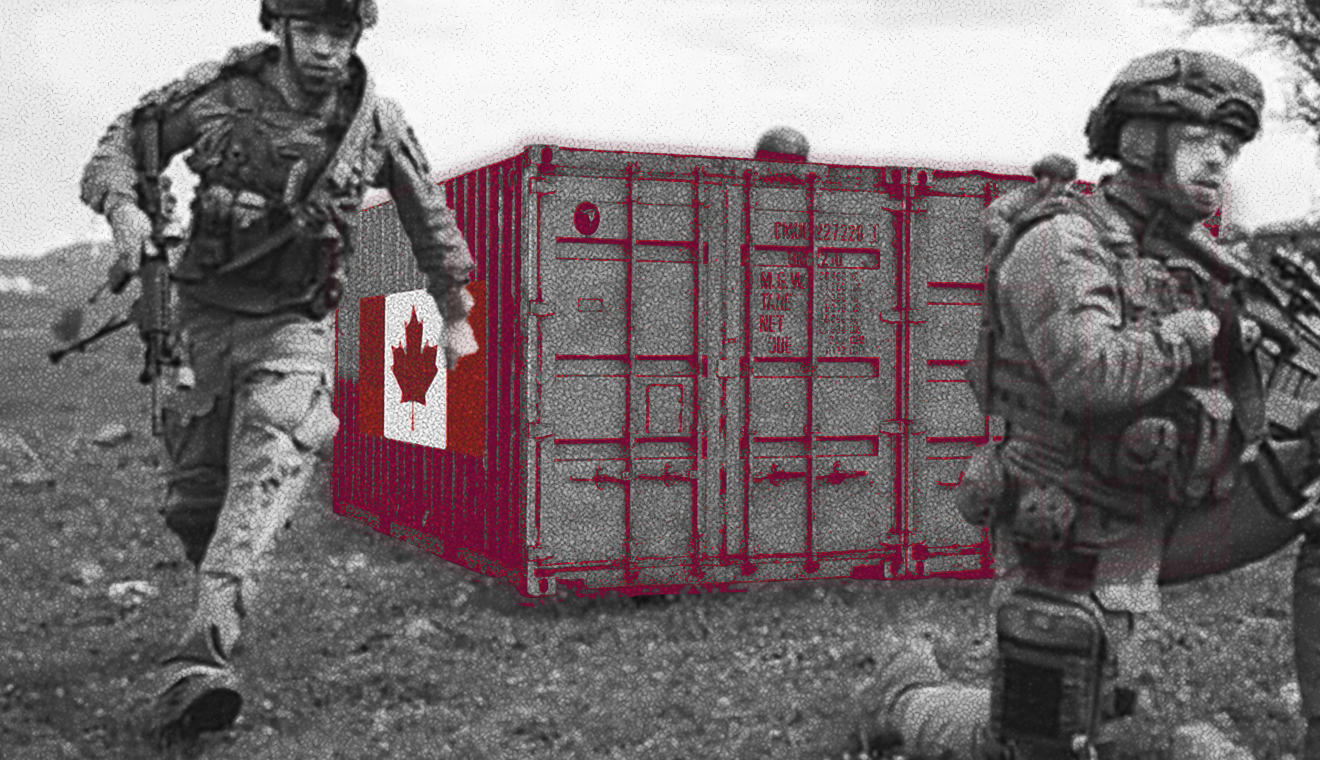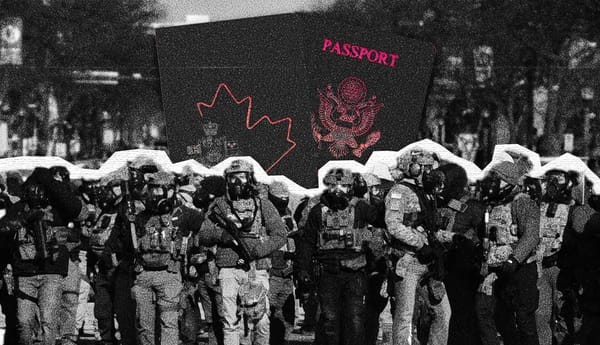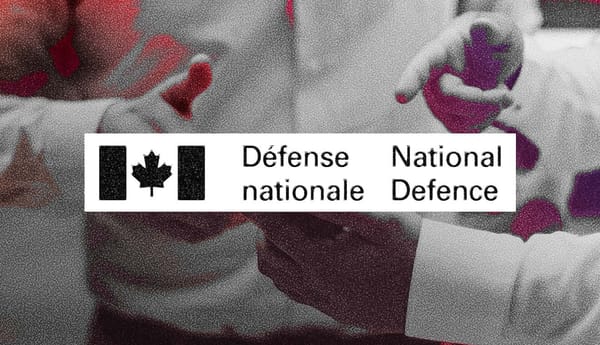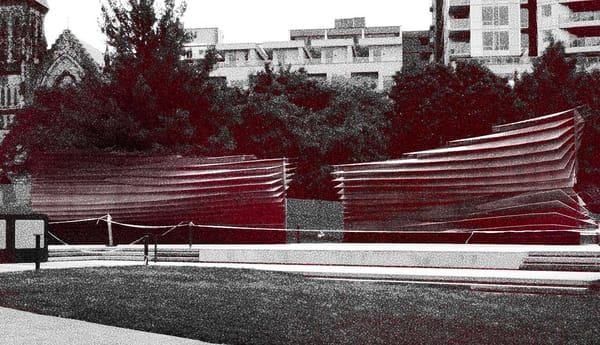Data from Global Affairs Canada (GAC) shows that in February the Liberal government authorized two new military export permits to Israel worth a combined total of $37.2 million.
GAC insists it has not authorized any new export permits for goods that it believes could be used in Gaza, but won’t answer questions about whether or not this policy applies to Israel’s military operations in other regions.
The newly authorized goods fall under an export category that includes “bombs, torpedoes, rockets, missiles, other explosive devices and charges and related equipment and accessories,” and another category that concerns military “technology.”
GAC redacted other details about the permits, including the names of the companies that obtained them, as well as information about the exact nature of the goods and how they are intended to be used — and by whom — in Israel.
The government authorized the new permits, which are valid for a total of two years, on February 28, when Justin Trudeau was still prime minister.
Four days after that date, March 4, GAC responded to an enquiry on a separate matter from The Maple with a statement reading: “Since January 8th, 2024, the Government of Canada has not approved new arms export permits to Israel, and this remains the Government’s approach.”
Since then, however, GAC changed its messaging in response to other media requests from The Maple to specify that the pause on new export permits applies to goods that “could be used in the current conflict in Gaza.”
The department repeated that statement when asked by The Maple about the two newly authorized permits, adding that last year it suspended approximately 30 permits “that could have been incorporated into items used in that conflict.”
The Maple has repeatedly asked GAC if the new messaging means that goods that it believes could be used in Israel’s other military engagements — in the occupied West Bank, Syria, Lebanon, Yemen and Iran — might be exempt from the pause.
GAC refused to provide an answer.
It is unclear how GAC could know whether or not any goods being shipped to the Israeli military or an Israeli arms company might end up being used in one conflict but not another.
Chris Cobb-Smith, a former British Army officer and war crimes investigator, told The Maple in an email: “Generally, I don’t believe it is possible to differentiate between weapon systems, munitions and component with regard to where they are going to be eventually used, and it would be impossible to verify anyway.”
Canada is a signatory to the Arms Trade Treaty, and is obliged to block arms exports if there is a substantial risk the goods could be used to commit serious human rights abuses or violations of international law.
The federal government is currently facing two legal challenges over Canada’s exports of military goods to Israel, which is accused by prominent human rights groups, a United Nations (UN) special committee and leading scholars of committing a genocide in Gaza, and a long list of other crimes.
The Liberal government officially supports a ceasefire in Gaza.
At least one known exemption to the Liberal government’s supposed pause on new military export permits is Israel’s Iron Dome missile defence system.
During April’s federal election, Prime Minister Mark Carney said: “Canada does … have restrictions, probably from January 2024, on arms exports, or permits for arms exports to Israel with the sole exception of the Iron Dome which protects them more broadly.”
The Maple followed up with GAC at the time to confirm if this was true. The department said it has “nothing further to add to Prime Minister Carney’s comments.”
Bob Rae, Canada’s ambassador to the United Nations, similarly said in an interview with National Post columnist John Ivison last year that “we will support Israel’s defensive needs, but we will limit other particular kinds of exports.”
Critics have argued that the Iron Dome, which had a less-than-perfect record of repelling Iran’s retaliatory missile strikes in June, allows Israel to commit acts of aggression without fear of serious consequences.
However, while the Iron Dome receives significant support from the United States and American arms companies, it is not clear if any Canadian companies actually make goods related to the Iron Dome or other Israeli missile defence systems.
Another possibility is that the two new export permits are for goods that are due to be repaired and returned to Canada, according to two experts who spoke to The Maple.
Last year, GAC released a list of active military export permits to Israel to the Standing Committee on Foreign Affairs and International Development that included some with the end user described as follows: “Temporary export for repair; return to Canadian Defence Company.”
The Maple put this to GAC in an email, but received no response.
Michael Bueckert, acting president of Canadians for Justice and Peace in the Middle East, said the new permits are a major red flag and suggest a deviation from the Canadian government’s previous policy of pausing all new authorizations of military export permits to Israel.
“Without further information about the nature of these exports, it appears that Canada has begun to roll back its ‘pause’ on approvals of arms exports and is slowly resuming bilateral military trade with Israel,” said Bueckert.
“They may be hoping that Canadians will lose interest in this issue, but there has been no change in the risk of violating human rights and international law, as Israel’s genocidal violence has only escalated in recent months.”
Bueckert noted that concerns about Israel’s military actions are not restricted to its operations in Gaza.
“Israel is committing genocide in Gaza and the crime of apartheid in the West Bank,” he said. “It is waging illegal offensives against the people of Lebanon, Syria, Yemen, and Iran. Its leadership is wanted for arrest by the International Criminal Court.”
“It is outrageous that Canada would ever deem it safe from a human rights perspective to allow the transfer of any military goods to Israel, period.”
Dozens of existing military export permits authorized before Jan. 8, 2024 continued to be utilized last year, with $18.9 million worth of Canadian military goods shipped directly to Israel in 2024.
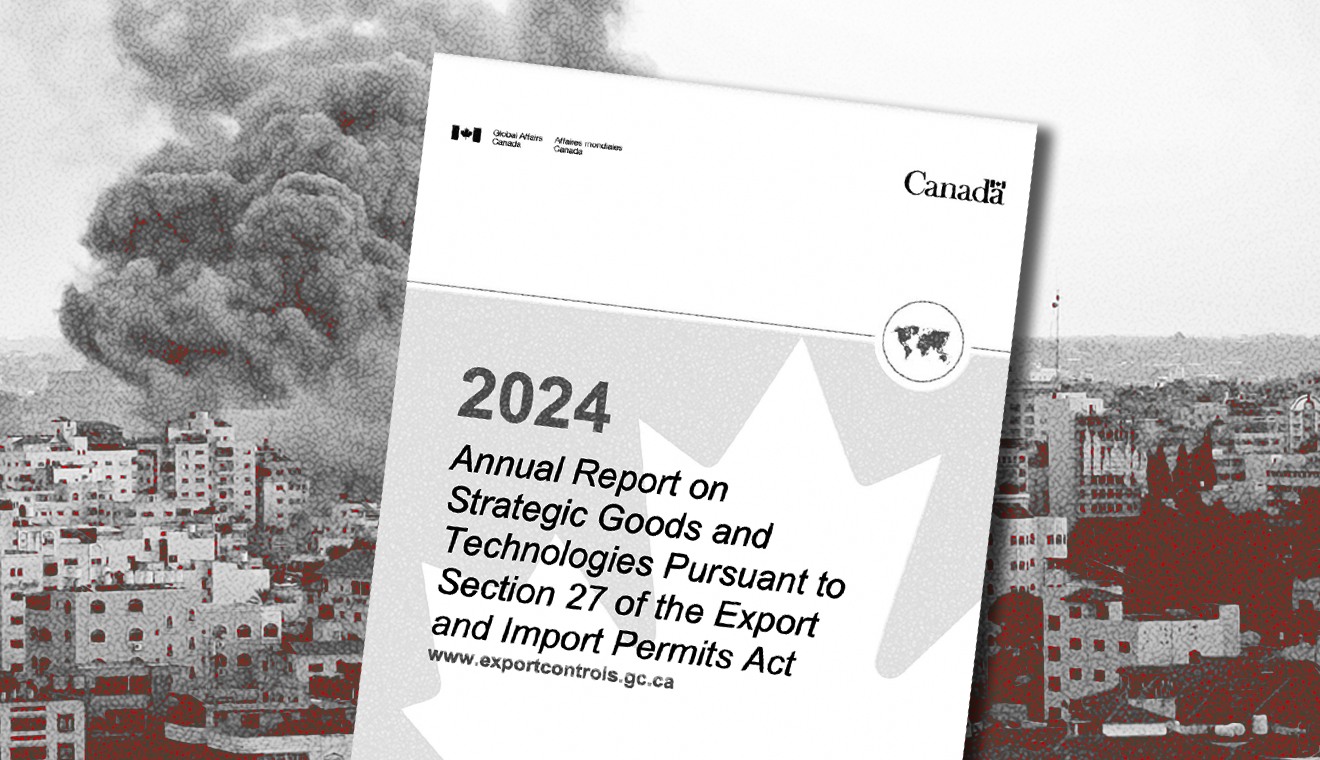
That figure does not include largely unaccounted for exports — including components found in the F-35 fighter jet — that are shipped to the United States and could end up being transferred by the U.S. government to Israel.
GAC declined to answer questions about why the Canadian Commercial Corporation (CCC), a federal agency that works with Canadian arms suppliers, gave a green light last year to a shipment of artillery propellants to the U.S. government, which said it planned to transfer some of the goods to Israel.
CCC insisted there has been “no confirmation” that Israel will receive the goods, but declined to answer further questions from The Maple about whether it had confirmed Israel will not be an end user of the propellants and if CCC believes the U.S. government documents relating to the transfer are inaccurate.
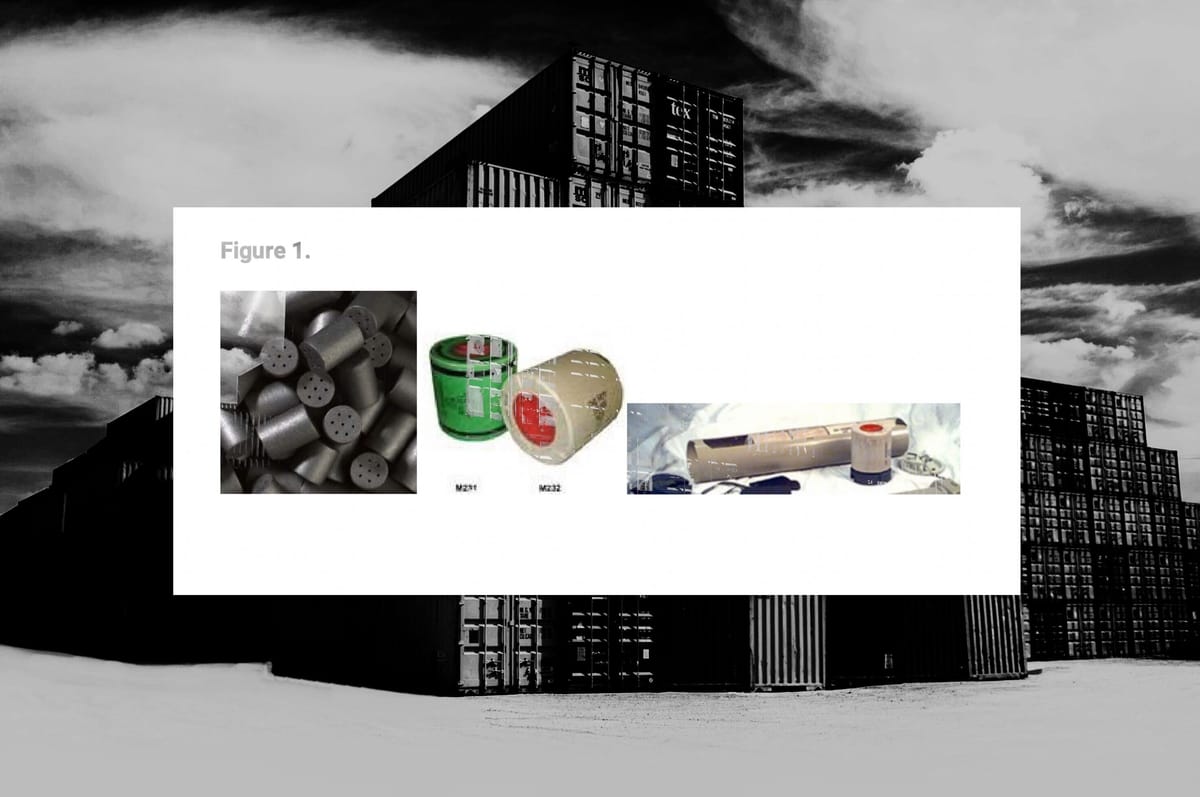
This week, UN Special Rapporteur Francesca Albanese published a report which noted that corporate entities, including arms companies, “have contributed to the acceleration of the displacement-replacement process throughout the military campaign that has pulverized Gaza and displaced the largest number of Palestinians in the West Bank since 1967.”
“Commercial endeavours enabling and profiting from the obliteration of innocent people’s lives must cease.”


